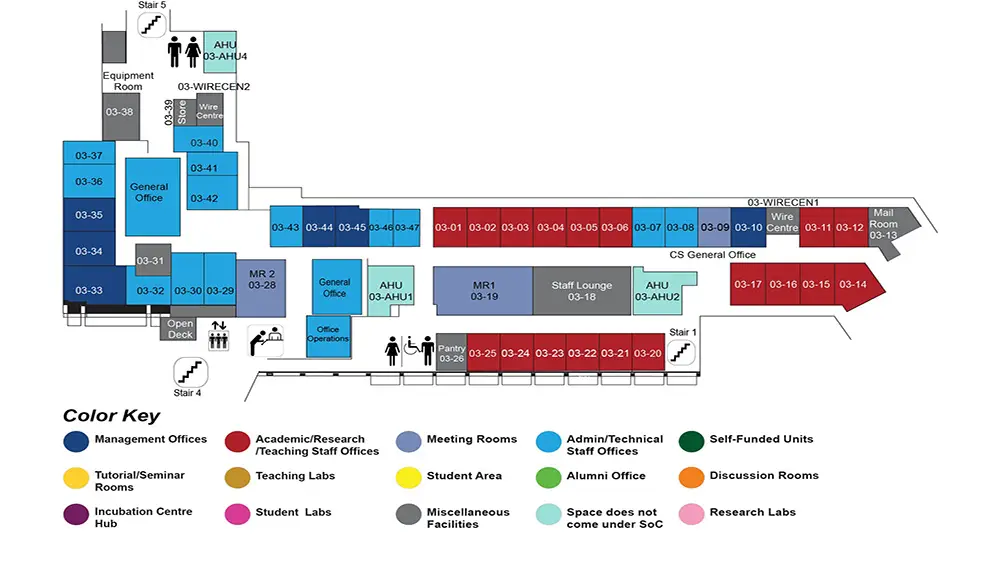Real-World Applications of Blockchain Technology in Healthcare and Energy Industries
COM1 Level 3
MR1, COM1-03-19

Abstract:
In this talk, I shall present two real-world cases of blockchain applications, namely exchange of healthcare records and tokenization of solar power plants. In the first case, the features of data immutability and data sharing of blockchain are leveraged to develop a fine-grained authorization platform for sharing healthcare records, which enables people to decide the subject, scope and period of sharing of healthcare records. Through a blockchain transaction, the authorization record is written into the smart contract and instantly shared with the participating organizations. The healthcare givers can then query the information shared by the patients through the system, and use the current secure network for data access, and instantly obtain the required shared materials to improve the quality of care. The second case study combines the provenance and security of blockchain-based tokens with crowd-funding to provide fractional ownership of solar power plants. People can buy single or multiple pieces of PV cells and get corresponding crypto-tokens which will generate stable income from the electricity sold to power companies proportionately. Besides, a marketplace for such tokens can address the liquidity requirements of investors.
Biodata:
Kung Chen is a Professor in the Department of Management Information Systems and Computer Science at the National Chengchi University (NCCU), Taiwan. His current research is focused on the technology and applications of blockchain. Kung leads the NCCU blockchain group that includes four faculty members and several graduate and undergraduate students. In the past three years, the group has developed efficient BFT consensus algorithms and software tools for the Ethereum blockchain, and privacy enhancement technologies, such as zero-knowledge range proof, that can be applied to develop novel blockchain applications. Besides, Kung has participated in several experimental and pilot projects that apply blockchain to address the needs in healthcare and financial industries since 2017. Prior to joining NCCU in 2003, Kung worked in the software industry for a few years, and taught at National Taiwan University of Science and Technology and Tatung University. He completed his Ph.D. in Computer Science at Yale University in 1994, and his thesis research is in the area of functional programming languages.

